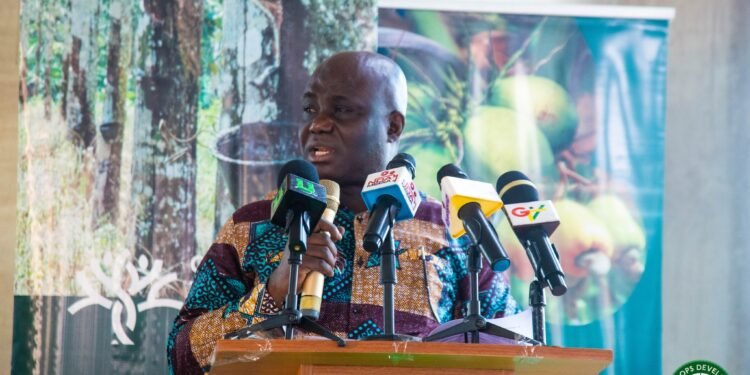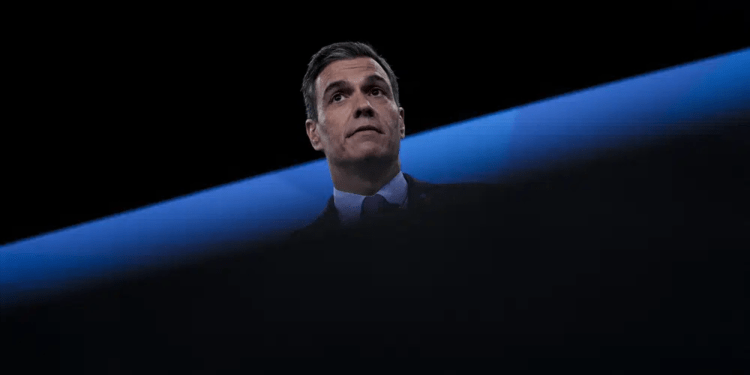President of the Ghana Union Traders Association (GUTA), Dr Joseph Obeng, has revealed that traders cannot do away with the depreciating impact of the cedi on their businesses when it comes to pricing their goods.
According to him, the depreciation of the cedi especially against the dollar, largely impacts on trading activities in the country. Dr Obeng explained that once the dollar goes up, it throws everything “out of proportion” and it is a phenomenon that groups such as GUTA has little control over because it cannot cajole its members into increasing prices of good or otherwise. He however, indicated that the increase in prices of goods by traders is “subjective” although the dollar will definitely influence it.
“So, it might influence prices. So, you cannot do away with the dollar as a component of pricing. It’s a natural sequence that if the dollar goes up, then of course, the prices in the market will also follow suit by way of going up. We use the dollar to buy goods offshore and even there, because of COVID, prices of goods have already gone up, freight charges have gone up. Then when you come here, you’re paying duty [and] we also benchmark our duty with the dollar”.
Dr Joseph Obeng
Breaking down the impact of the cedi depreciation on traders, the GUTA President expressed that somewhere in early December last year, if a trader’s capital was $100,000, he has to find “GHS640, 000 to buy $100,000” worth of goods. Dr Obeng intimated that now that the dollar is trading at “GHS7”, a trader has to go and find a top-up of GHS60,000 to be able to buy the same quantity of goods.
“So, it means if you are not able to get the top-up, it means that you have to contend yourself with $91,500. It means a loss of capital of about $8,500. This is all that it means. It means that you haven’t done anything [and] you haven’t gone anywhere but your capital has been spirited away with about $8,500. This is a simple calculation of what the depreciation [does] to us”.
Dr Joseph Obeng
Addressing the cedi depreciation
Commenting on how the “perennial” depreciation of the cedi can be resolved, Dr Obeng questioned whether measures have been put in place to ascertain what the push factor is that causes the dollar to appreciate around this time. He indicated that it normally occurs around the month of December, January and mid-February.
In lieu of this, the GUTA President indicated that government must take a critical look at the “investment policy” in the country which favours businesses owned by foreigners. Justifying his stance, he intimated that during those months, some sectors including the telcos and extractive, round up their activities for the year and transfer their profits which is usually “100% of repatriation of their profit”. Dr Obeng emphasized that although it is “legitimate” for such repatriation to occur, he questioned what government is doing “to sustain or retain some of this repatriation”.
“That’s the bane! That’s what we have to think about. Are we going to [make] a conscious effort in these areas?… Government should have a conscious effort of investment. If [it’s] about 30%, then of course, we’ll be able to retain same percentage here. But if we do not save by way of making a policy that will ensure that we have investments in these areas, then of course, they will repatriate”.
Dr Joseph Obeng
READ ALSO: Afreximbank To Advance Zanzibar’s Development Agenda





















